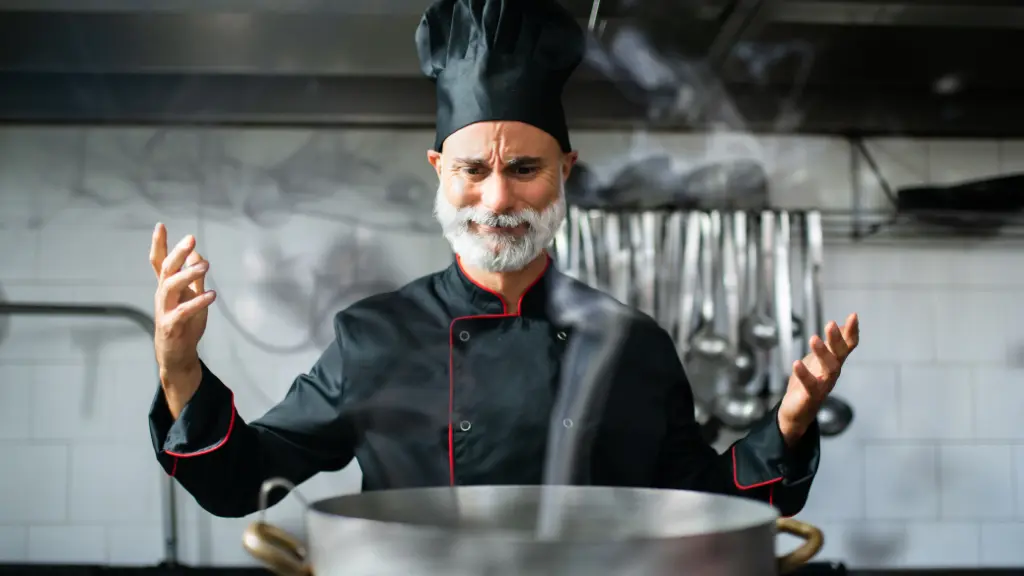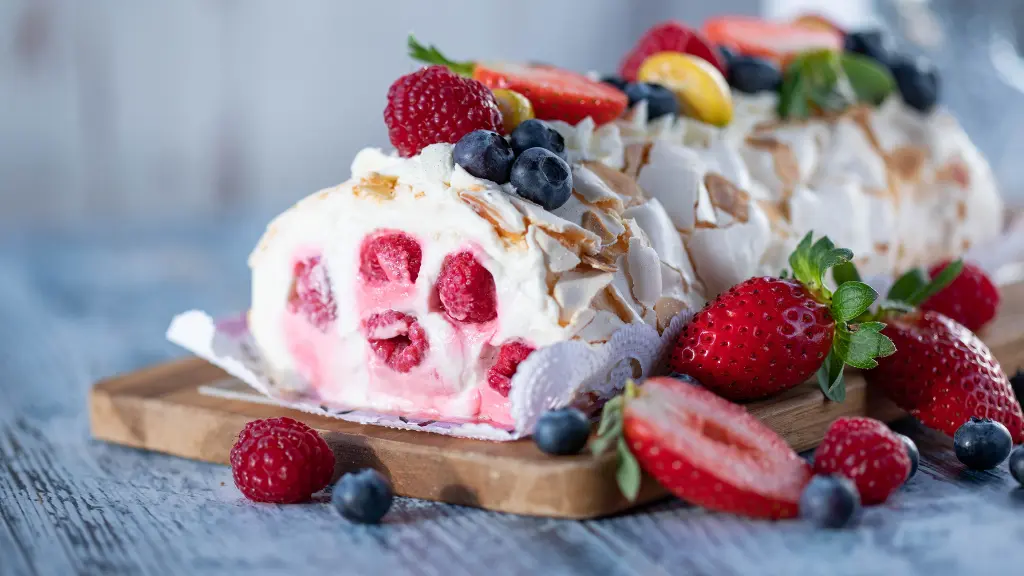Cooking transforms food into delicious meals, but when taken too far, some cooking methods can produce potentially harmful compounds. Overcooking certain foods—especially at high temperatures—can lead to the formation of carcinogens, which have been linked to increased cancer risk.
For a healthier approach to cooking, knowing which foods to be mindful of and how to cook them safely can make a significant difference. Here’s a look at seven foods that are common in many diets yet can become risky if overcooked.
You May Also Like: The Facts Behind Rapunzel Syndrome
1. Red Meat
Red meats like beef, pork, and lamb contain proteins that, when exposed to high temperatures—such as grilling or pan-frying—can form heterocyclic amines (HCAs) and polycyclic aromatic hydrocarbons (PAHs). These compounds form when meat is exposed to temperatures above 300°F and can damage DNA, increasing the risk of cancers, particularly colon and stomach cancer.
- Health Tip: Try slow cooking or baking meat instead of grilling. Marinating meat before cooking may reduce HCAs.
2. Poultry
Chicken and turkey are great sources of protein, but overcooking these meats can also lead to HCA formation. The lean nature of poultry makes it easy to dry out, and in an attempt to cook it thoroughly, many people end up overcooking it.
- Health Tip: Bake or steam poultry instead of grilling. When grilling, avoid direct flames and turn the meat often to avoid charring.
3. Potatoes
When potatoes are fried or baked at high temperatures, they form acrylamide—a chemical linked to cancer in animal studies. Acrylamide is a byproduct of the Maillard reaction, which gives browned food its flavor. French fries and potato chips are particularly high in acrylamide, especially when crispy.
- Health Tip: Try boiling or steaming potatoes instead of frying. If baking, aim for a golden color rather than brown or burnt.
4. Bread and Toasted Foods
Toasted bread is a breakfast staple, but over-toasting or burning bread can lead to acrylamide formation as well. Bread becomes a risk when exposed to high heat for too long, particularly when the crust darkens to a brown or black color.
- Health Tip: Toast bread lightly, aiming for a golden color. Avoid consuming overly toasted or burnt pieces.
5. Fish
Fish is a nutrient-dense food rich in omega-3 fatty acids, but it too can form HCAs and PAHs when grilled or fried at high temperatures. This is particularly true for oily fish like salmon and tuna. Since fish generally cooks faster, it can be easy to overdo it, especially on a grill.
- Health Tip: Use foil to reduce direct contact with flames if grilling, or opt for baking or steaming fish to preserve its nutrients and avoid harmful compounds.
6. Eggs
Eggs, particularly when fried or scrambled at high heat, can develop oxidation in their cholesterol content, leading to the formation of harmful compounds. Hard-boiled or over-fried eggs can also lose essential nutrients when exposed to high temperatures for extended periods.
- Health Tip: Boil eggs instead of frying, and if frying, use moderate heat. Avoid cooking eggs until they are very hard or browned.
7. Vegetables High in Starch
Vegetables like sweet potatoes, squash, and other starchy vegetables can also form acrylamide when overcooked. The risk is higher when these vegetables are fried or roasted at high temperatures. Acrylamide formation is especially a concern in high-carb foods subjected to intense heat.
- Health Tip: Lightly roast or steam starchy vegetables to avoid over-browning. Keep cooking times shorter and temperatures moderate.
Why Overcooking Increases Cancer Risk
The compounds HCAs, PAHs, and acrylamide can damage DNA and increase cancer risk. Although our bodies have ways to repair DNA damage, prolonged or frequent exposure to these chemicals can overwhelm our natural defenses. Acrylamide, specifically, is more common in carbohydrate-rich foods, while HCAs and PAHs primarily affect animal proteins.
Safer Cooking Practices
Here are a few practical tips to reduce your exposure to these harmful compounds:
- Use Lower Heat: Cook at lower temperatures and avoid direct flames when grilling.
- Avoid Charring: Aim for golden, not dark brown or blackened, food surfaces.
- Marinate Meat: Marinating meat can reduce HCA formation by adding a barrier and keeping meat moist.
- Choose Gentle Cooking Methods: Baking, steaming, or poaching are often safer than grilling or frying.
- Keep Portions Moderate: Eating balanced portions of different food groups can reduce exposure.
Conclusion
While these seven foods are nutritious and beneficial when prepared correctly, overcooking them can introduce potential risks. By choosing safer cooking techniques and being mindful of time and temperature, you can continue to enjoy your favorite foods with less concern about cancer risk. Small adjustments in how we prepare our meals can make a big impact on our health over time.










